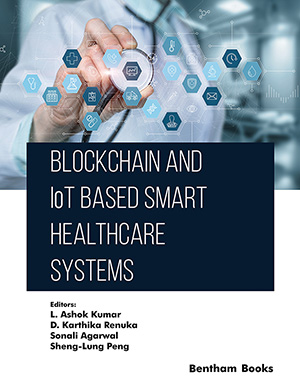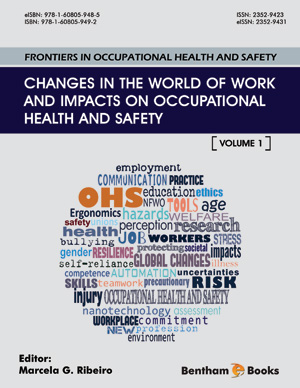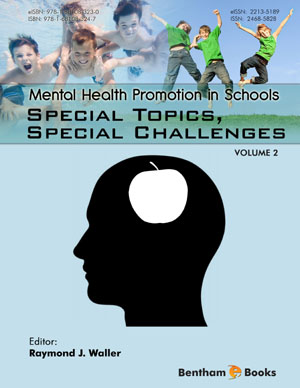Abstract
Machine learning algorithms have been important in identifying and
predicting cardiovascular risk. These algorithms use a variety of data sources, including
patient histories, clinical measures, and electronic health records, to discover people
who could get cardiovascular problems. Methods of deep learning, a subset of machine
learning hold the promise of enhancing the accuracy and effectiveness of
cardiovascular risk prediction models. In this research, retinal images, clinical data, and
various clinical features are employed to harness the capabilities of multimodal deep
learning for predicting cardiovascular risk. The integration of these modalities enables
a holistic assessment of an individual's cardiovascular health, contributing to the
advancement of precision medicine in the realm of Cardiovascular Disease (CVD). The
impact of this research extends beyond cardiovascular risk prediction, as it exemplifies
the transformative potential of machine learning in healthcare. By empowering medical
challenges with cutting-edge technology, our work addresses the urgent need for early
risk assessment, patient stratification, and personalized interventions. This showcases
how the synergy of different data types and deep learning can lead to improved clinical
decision support, reduced healthcare costs, and, ultimately, enhanced patient outcomes.
The potential to deploy such multimodal deep learning models in clinical practice has
the potential to revolutionize the field of cardiovascular health and set a precedent for
the broader role of machine learning in healthcare.
Keywords: Clinical data, Cardiovascular Risk Detection (CVD), Image data, Multimodal fusion, Machine Learning (ML), Multimodal Deep Learning (MDL).












